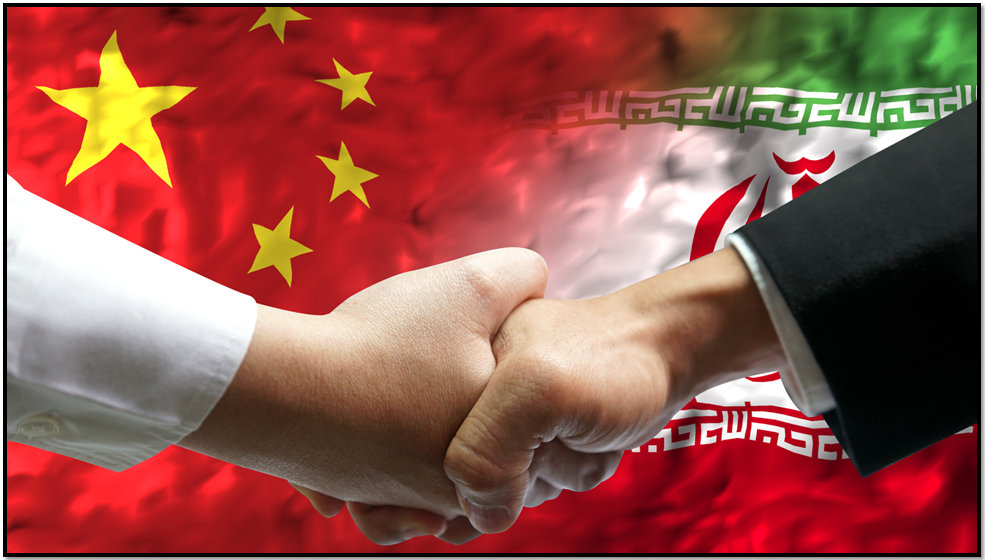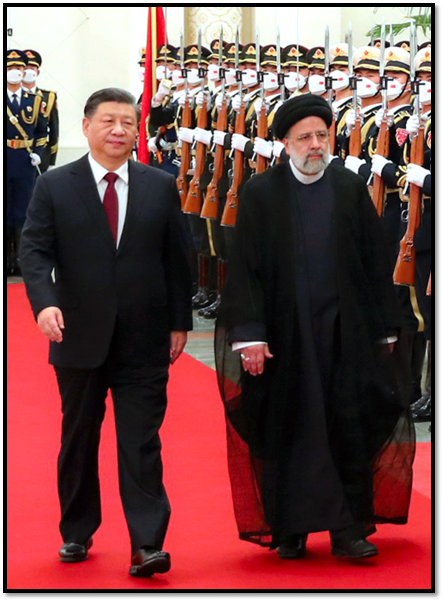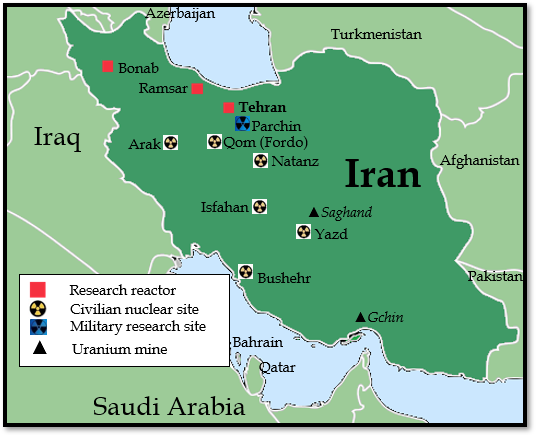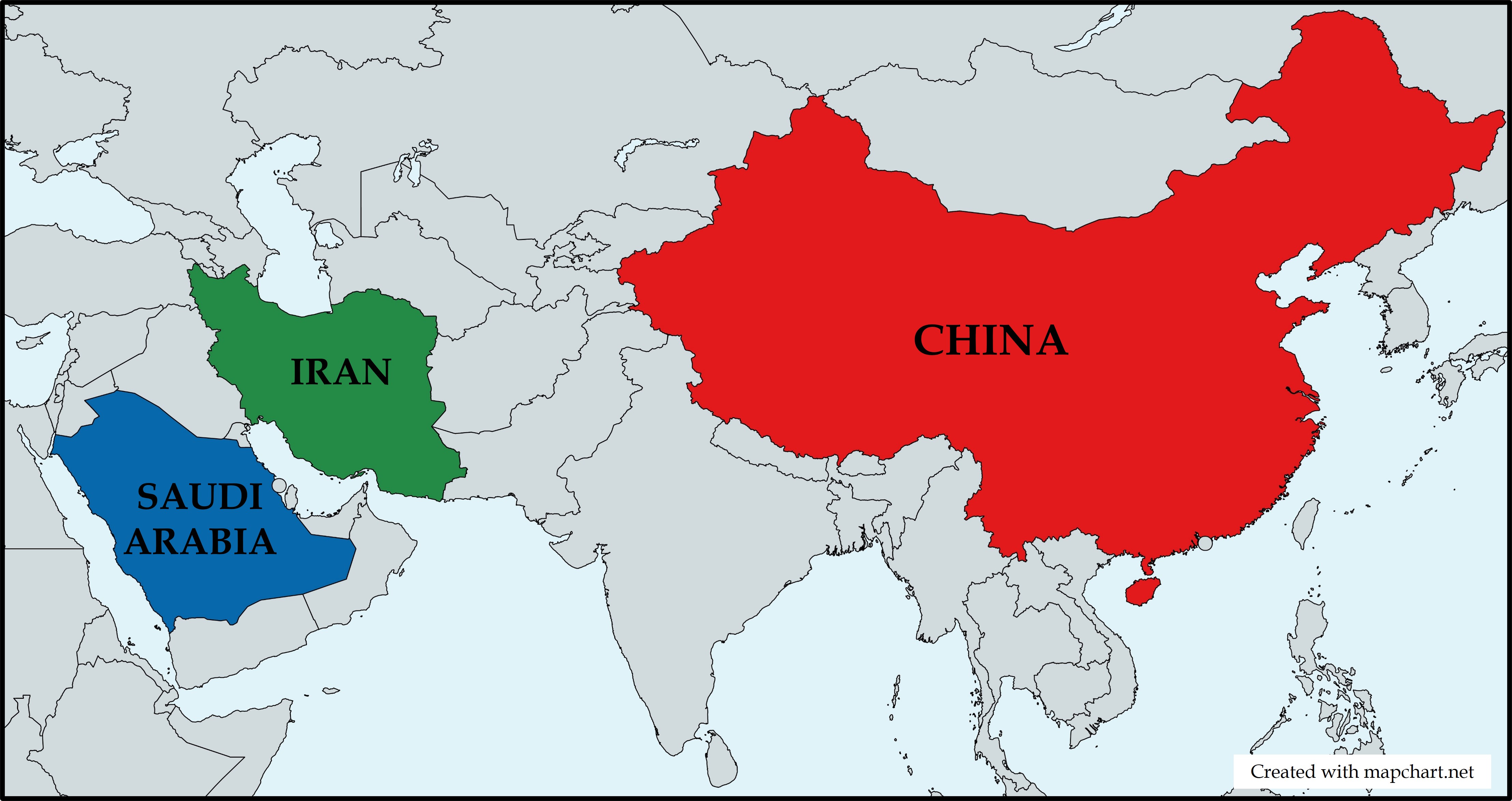Nasser Hadian is a U.S.-educated professor of political science at the University of Tehran and a former visiting professor at Columbia University.
How do Iranian officials view China? What are Iran’s goals in shifting East?
Iran’s policy elite believe that China is a rising power, while they think Russia and Europe are declining powers. Most believe that the United States is still in a unique position as the only global power, partly because of its navy. No other great power can challenge the United States at least for another quarter century. But there are some Iranians—some important voices—who think China will be able to challenge America much earlier, so Tehran should jump on the bandwagon with China. They are a minority. Either way, the general perception in Tehran is that China is going to be a critical player globally as well as in Iran’s own region.
 So the consensus now is that Iran should get closer to China. The debate is about how close. One group is arguing that we should get away from the revolutionary slogan “Neither East nor West” and enter China’s orbit. Another group argues that Iran should get closer to China, but not be in its orbit. Iran should not put all its eggs in one Chinese basket but instead have more balance—including with the United States, Europe and Russia.
So the consensus now is that Iran should get closer to China. The debate is about how close. One group is arguing that we should get away from the revolutionary slogan “Neither East nor West” and enter China’s orbit. Another group argues that Iran should get closer to China, but not be in its orbit. Iran should not put all its eggs in one Chinese basket but instead have more balance—including with the United States, Europe and Russia.
My prediction is that Iran cannot move completely into China’s orbit because of the nature of revolutions which Iran has experienced since 1979. It would be extremely difficult for Iran’s policy elites to win support for being only in China’s orbit.
Where is public opinion on China?
The younger generation, now the absolute majority in Iran, believe China is a very important country. If you ask the people, “Do you want to get closer to China? Or do you want to get closer to the West?” I can guarantee you that 80 to 85 percent would say the West. But if you said, “What do you think about China?” I think there would be a far more favorable view of China than what it was 20, 30 or 40 years ago, when China was viewed as a very backward country.
Iranians look at China now as a civilization that has achieved a lot in terms of technology. The most sophisticated buildings, the best airports and trains, or the best whatever are in China—not in the United States or in the West. Deep down, maybe culturally at the very deepest level, Iranians also may have more affinity with the Chinese and with the East.
How are Iran’s deepening ties with China felt inside the country?
We are seeing more and more and more Chinese companies in Iran, which was not the case 10 years or 20 years ago. China is also offering lot of scholarships, and more Iranians are going to China to get educated. Iranians are genuinely now more serious about exploring relations with China.
We still don't have even one private Chinese-language institute in Tehran. But we have hundreds of private English-language institutes, which means that the public is still oriented toward the West, not toward the East or China. It feels far more familiar with Western concepts, lifestyle, and values than with the Chinese. The public would prefer a closer relationship with the West.
But I'm sure that we are going to see tens of private Chinese-language institutes within the next decade. We will see a lot of Chinese learning Farsi and a lot of Iranians learning Chinese. Many Iranians would love to go to China to experience its advances, culture, civilization, history, and architecture.
Iranians also use more and more Chinese commodities. There are a lot of Chinese cars in Iran. They were once not good quality, but Chinese cars are not all that bad now. To be frank with you, I saw fewer Chinese cars when I was in Beijing and Shanghai than I see today in Tehran. They are becoming increasingly more popular.
Because of U.S. sanctions, you don't see goods from other Asian countries in Iran. You don't see LG, or Samsung, or Toyota, or Sony. Plus, China's prices are low compared to other Asian-made goods. So there has been little competition. People are now paying more attention to commodities made in China, such as air conditioners. So China is penetrating the economy at a very deep level.
Why has Iran grown closer to China under President Ebrahim Raisi? How does the shift reflect Iran’s foreign policy more broadly?

Officials in the former government of President Hassan Rouhani were close to China, but deep down, in their hearts, many felt far more familiar with the West. Their preference was to get closer to the West, even as they wanted good relations with China too. President Raisi is exactly the opposite. Raisi doesn't want to forget the West, but he very intentionally wants to get closer to China.
What were the key major turning points in relations?
In the first decade of the revolution, Iran looked at every country largely through an ideological lens. “They were communists,” or “they were atheists,” and so forth. For the first decade, China was a factory that could help Iran, particularly with arms needed to fight the war with Iraq.
But that soon changed to a more pragmatic approach and a transactional relationship. Under President Hashemi Rafsanjani, during the second decade of the revolution in the 1990s, Iran viewed China as a source of technology transfers in arms, missiles, and other military goods. Ties were still limited, however, in terms of cooperation or selling oil to China.
During the third decade, Iran began to look at China less through the lens of technology and economics and more in terms of a geopolitical or geostrategic relationship. This coincided with China’s rising standing in the world and its economic growth. That was the beginning. For 70 or 80 years, Russia had support among an elite sector in Iran that supported communism, Marxism, or Iran’s communist Tudeh party, even although few Iranians actually loved the Russians.
In about 1995, China began to have its own elite support too. More groups had commercial ties with China. In the 2000s, more people—particularly in the Revolutionary Guards and the armed forces—sought better ties with China. Within a decade, by around 2005, China had some elites inside Iran who advocated for closer ties to China. Since 2010, there’s been increasingly strong Iranian interest in commercial and geopolitical ties.
On what issues do Iran and China collaborate?
Both nations benefit commercially and economically. Chinese companies now want to invest far more in Iran—not only in the oil sector and energy sector. They want a strong presence in Iran, as well as in Pakistan, due to growing competition with India and to counter the West.
Another area is military or strategic cooperation. We’re seeing more military exercises that bring together Iran, China and Russia. We’re seeing a far deeper relationship between China and both the Revolutionary Guards and conventional military.
On what issues are Iran and China divided?
 China certainly doesn't want Iran to become the 10th nuclear weapons state. The status quo is good for Beijing. It was one of the six major powers that negotiated the nuclear deal—the Joint Comprehensive Plan of Action (JCPOA)—during two tough years of diplomacy between 2013 and 2015.
China certainly doesn't want Iran to become the 10th nuclear weapons state. The status quo is good for Beijing. It was one of the six major powers that negotiated the nuclear deal—the Joint Comprehensive Plan of Action (JCPOA)—during two tough years of diplomacy between 2013 and 2015.
The area in which they differ the most is over the Middle East because Iran is very much a revisionist power in the region. China’s relationship with Israel is extremely important, so it doesn't want Iran to destabilize the region. China has worried about a new Middle East war—between Iran and Israel, or between Iran and the United States, especially amid a war in Europe. The security of energy sources in the Middle East would be in danger and could lead the price of oil to soar to $200 or $250 a barrel. China also doesn't want to see Iran support non-state actors that contribute to regional instability and conflict.
The United States is a third factor. China is not on good terms with the West, but it also doesn’t like the level of hostility between Tehran and Washington. Beijing doesn’t want a good relationship between them. It would prefer to see “managed” enmity. If there is managed hostility, Iran would continue to need China. Tehran would not have any alternatives.
What are China’s interests in Iran?
China once looked at Iran principally as a market, while Iran looked at China as a factory. But Beijing now views Iran in a different way. It needs Iran for three main reasons. One is as a reliable source of energy. The second is that America and its allies—particularly the Europeans, India, Australia, Japan, and South Korea—are building a de facto coalition to contain China. So Beijing is seeking more allies. The third is that Tehran has the power to destabilize the Middle East, from which China got 60 percent of its imported crude oil in 2022.
China wants to translate its economic leverage in Iran to strategic or diplomatic influence over the next decade. My prediction is that Iran is going to get far closer to China. The Chinese are going to increasingly invest in Iran. And the relationship is going to get deeper at both the strategic and non-strategic levels, but that doesn’t mean Iran will fall into China’s orbit.
How important is China for Iran? More important that Russia? What role does Iran play in China’s long-term vision for the Middle East?
China is Iran's most important economic or trading partner—by far. Russia doesn't have much to offer; its investments have been temporary because of the war in Ukraine. And the West, because of U.S. sanctions, is not very present in Iran. Tehran may have ties with Turkey and the UAE and beyond. But they’re very different from its ties to China.
Beijing is looking for opportunities in Iran on other levels. It has a geostrategic and geopolitical need in its rivalry with the United States.
How has China balanced relations with predominantly Shiite Iran and the Sunni Gulf countries, especially Saudi Arabia?
China has so far handled the balancing act quite well. It believes it has the power, the prestige, and the capability to manage relations among all these countries, including Saudi Arabia and the United Arab Emirates. Beijing thinks it can play a positive role, apply pressure when necessary, and urge both Iran and its Persian Gulf rivals to behave in appropriate ways. China can now accomplish diplomatic fetes—such as rapprochement between Tehran and Riyadh—that the United States can't.

Are Iran, China and Russia now a Eurasian troika?
Iran, Russia, Pakistan and others have jumped on the bandwagon with China. It's not an equal partnership among these countries. It’s somewhat like the U.S. role in leading NATO and defining the alliance’s agenda. China’s tensions with the United States have defined the split and forced other nations to take sides. Asian nations are joining out of necessity, although not necessarily out of hatred of the United States.
